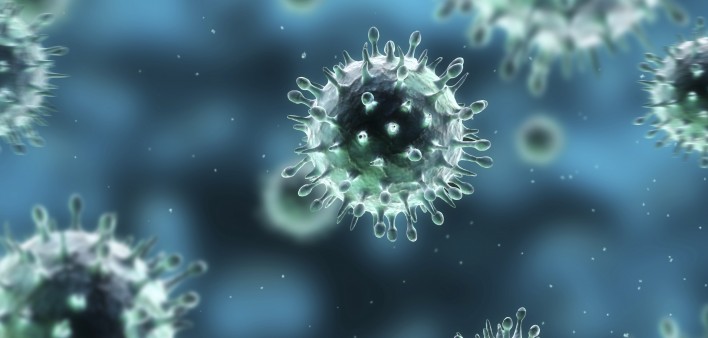HIV apparently leads to changes to a particular kind of immune cell in the mucosal lining of the rectum that facilitates the transmission of hepatitis C virus (HCV) through anal intercourse.
There is a rising epidemic of sexually transmitted HCV among HIV-positive men who have sex with men (MSM) in Western nations. HIV-negative MSM may also be at risk but apparently to a lesser extent than their HIV-positive counterparts.
The biological mechanisms that drive such sexual transmission of HCV among MSM living with HIV have thus far been poorly understood. So a group of scientists studied what are known as Langerhans cells, which are a part of the immune system of the skin, to determine whether they may play a role in such transmission.
Findings were presented in a poster presentation at the 2018 Conference on Retroviruses and Opportunistic Infections (CROI) in Boston.
The researchers took biopsies of the mucosal lining from the rectums of HIV-positive MSM and studied those samples in a tissue model in the laboratory. They detected Langerhans cells in the mucosa tissue and found that immature versions of the cells neither became infected with HCV nor transmitted the virus to liver cells, known as hepatocytes.
When the scientists exposed tissues with HIV and then with HCV, they found that pre-exposure with HIV significantly increased transmission of HCV. Conversely, when they treated the tissue with antiretroviral medications to suppress HIV, they found this decreased the transmission of HCV.
When Langerhans cells became activated, as opposed to existing in an immature state, this shift did not lead them to become infected with HCV. But in contrast to the immature versions of the cells, the activated ones were efficient in ferrying the virus to liver cells.
The study authors concluded that HIV replication in mucosal tissues among MSM changes the function of Langerhans cells, which causes the cells to capture HCV and to transmit the virus to hepatocytes. Additionally, the activation of Langerhans cells is an important factor influencing whether an individual is susceptible to contracting HCV through anal sex.
To read the conference abstract, click here.







Comments
Comments